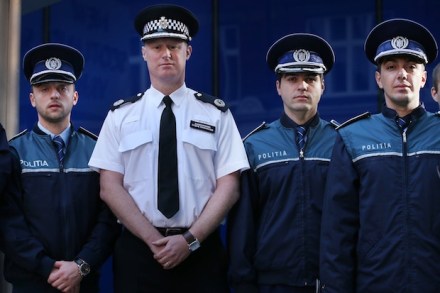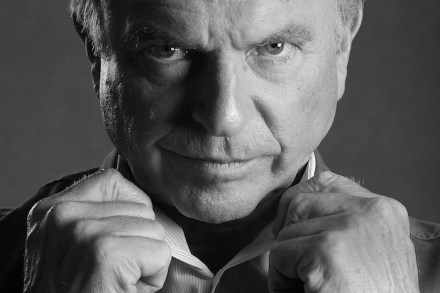I’d rather have a German next door too — and I have the figures to show why
Should we be worried about the vast numbers of German-born people living covertly in the United Kingdom? The Office for National Statistics estimates that in 2011 some 297,000 Germans were resident here, the fifth largest non-British-born contingent (after Indians, Poles, Pakistanis and the Irish respectively). What the hell are they all up to? Sitting in smartly furnished homes, biding their time, and waiting, waiting. That’s what I suspect. A report in the Guardian a while back suggested that our German community tended to ‘stay under the radar’, an ability which mercifully eluded them 70 years ago. The paper also reported that while there were a few areas with significant German










